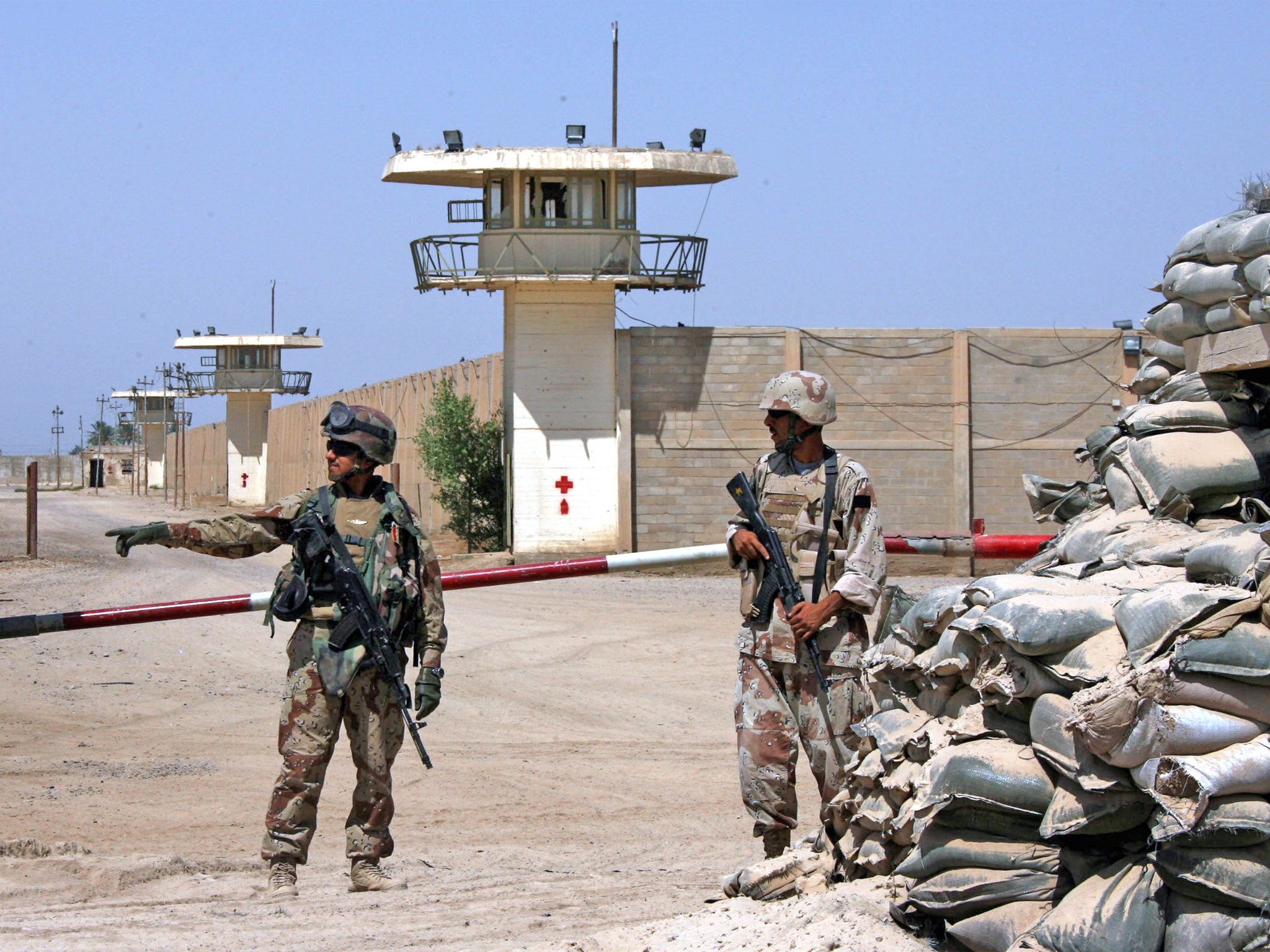Al-Qa’ida claims it was behind mass jailbreaks in Iraq

Al-Qa’ida has claimed responsibility for simultaneous raids on two Iraqi prisons and said more than 500 inmates were set free and 120 guards killed.
The Islamic State of Iraq and the Levant, formed this year by a merger of al-Qa’ida’s affiliates in Syria and Iraq, said it stormed the high-security jails after months of preparation.
Monday’s attacks came exactly a year after the leader of al-Qa’ida’s Iraqi branch, Abu Bakr al-Baghdadi, launched a “Breaking the Walls” campaign that made freeing its imprisoned members a top priority, the group said in a statement.
Sunni Islamist militants have been regaining momentum in their insurgency against Iraq’s Shia-led government, which came to power after the US invasion to oust Saddam Hussein in 2003. The group said it deployed suicide attackers, rockets, and 12 car bombs in the prison raids in Taji and Abu Ghraib.
“In response to the call of the mujahid (holy warrior) Sheikh Abu Bakr al-Baghdadi to seal the blessed plan of “Breaking the Walls”... the mujahideen brigades set off after months of preparation and planning to target two of the biggest prisons of the Safavid government,” read the statement posted on militant forums.
Safavid is a reference, used derogatively, to the dynasty that ruled Iran in the 16th to 18th centuries.
Reuters
Join our commenting forum
Join thought-provoking conversations, follow other Independent readers and see their replies
Comments
Bookmark popover
Removed from bookmarks